All saffron bulbs we sell in our webshop have been qualified as first class flower bulbs by the Dutch Flower Bulb Inspection Service, the BKD and come with a unique European plant passport.
About the BKD
Introduction
The Flower Bulb Inspection Service (Bloembollenkeuringsdienst or BKD) has been tasked by the Ministry of Economic Affairs with the quality inspection of all flower bulb crops in the Netherlands on both quarantine pathogens and quality defects. The BKD also performs laboratory analyses and import and export inspections. Under administration of The Dutch Food and Consumer Product Safety Authority (Nederlandse Voedsel- en Warenautoriteit or NVWA), the BKD issues export certificates under the Phytosanitary Directive for traders of flower bulbs, needed at the export of flower bulbs that are destined for third countries outside the European Union.

How does the inspection process work?
Before starting the inspection process, the flower bulb crops have to be registered at the BKD.
Most inspections are twofold.
Once the bulbs have been planted and emerged, the crop is inspected visually in the field. Once the plants are fully grown or when the bulbs are in bloom, a second visual inspection is performed. If irregularities have been detected, samples are taken which are either examined in the laboratory for viruses, bacteria and nematodes or planted in the greenhouse.
For export certification, the BKD also performs ‘dry inspections’, which are inspections of the harvested flower bulbs.
If no anomalies are detected, the inspected flower bulb stock gets its own unique European plant passport. On the basis of this passport you can see that the flower bulbs are free of diseases, pests and deviations.
Approved batches of flower bulbs for export to countries outside of the European Union, are given a phytosanitary certificate specifically for their country of destination.
Accreditation
The quality inspection standards of the BKD are defined in the Flower Bulb Inspections Regulations which have been established in close consultation with growers and traders all over the world.
The BKD has been accredited by the Dutch Accreditation Council (Raad van Accreditatie or RvA) under ISO 17020 (registration number I096) and ISO 17025 (registration number L285) for their quality inspections and laboratory analyses, which guarantees that the inspections are uniform, independent and of excellent quality.
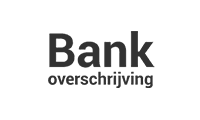


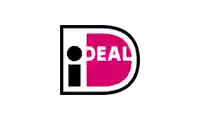
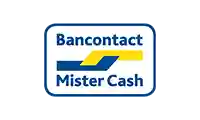

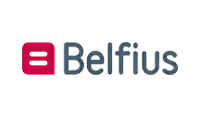
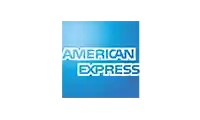
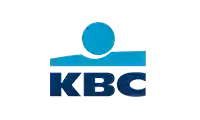
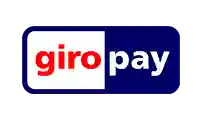
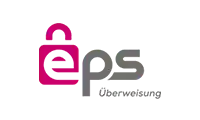
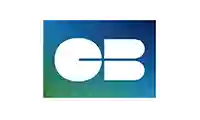

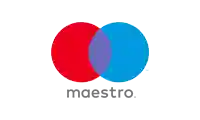








 BIO bulbs
BIO bulbs
 NON-BIO bulbs
NON-BIO bulbs
 Wholesale
Wholesale
 Miscellaneous flower bulbs
Miscellaneous flower bulbs











Once our corms are ready for the makert, who will do the BKD inspections, so that our corms buyers have confidence in our corms, is there a way of training a local company to qualify the corms or?